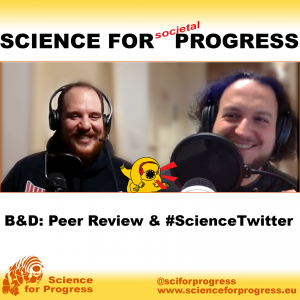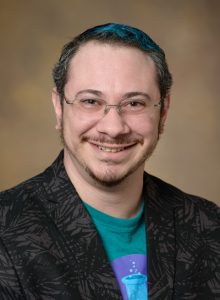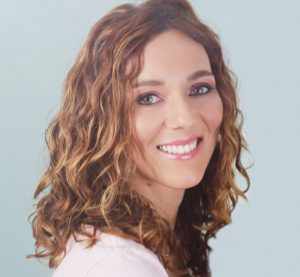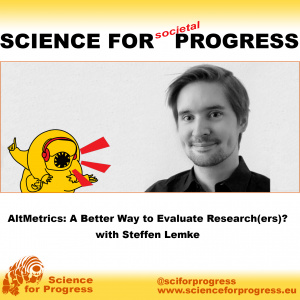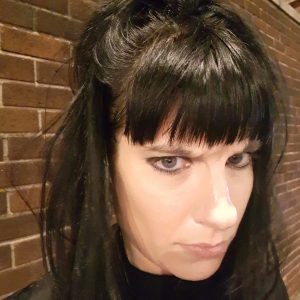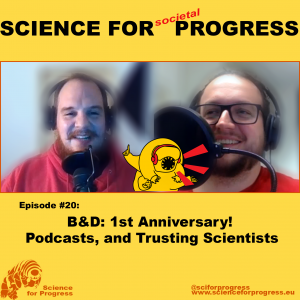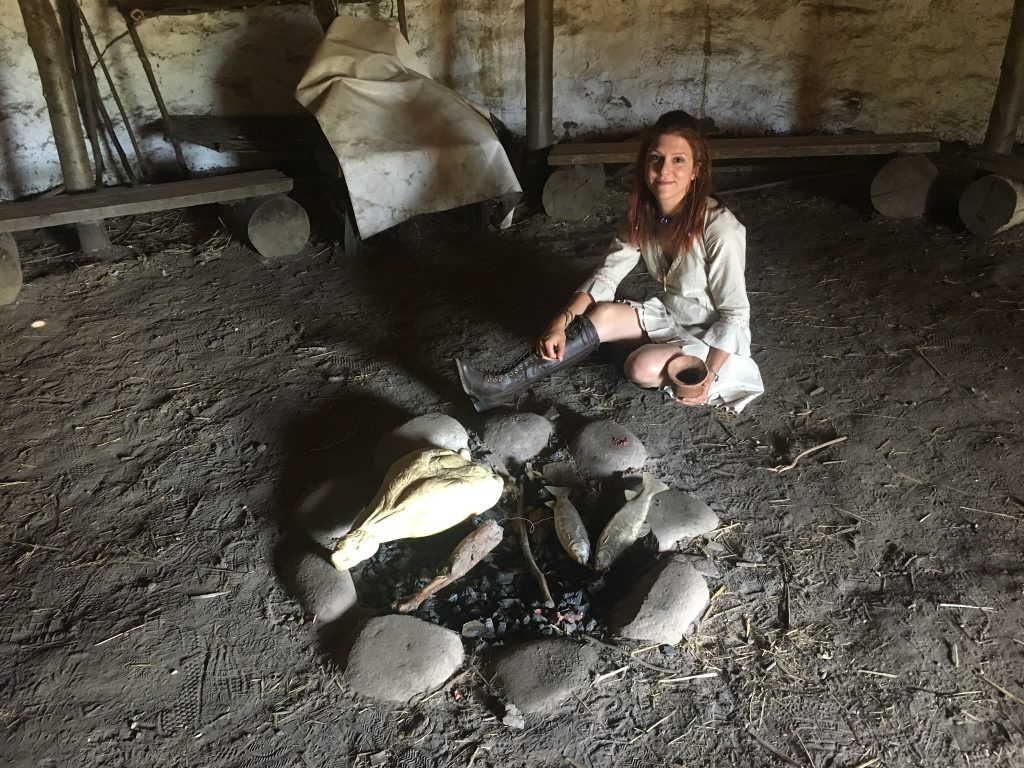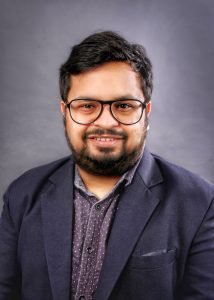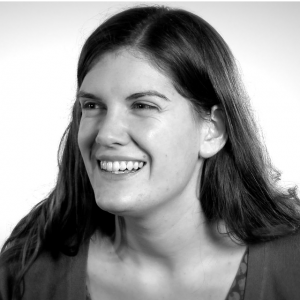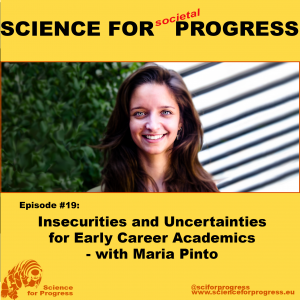Dr. Chinmaya Sadangi is a postdoctoral researcher at the University of Toronto. He further is an ambassador for the open access journal “elife”, community leader at the Society for Neuroscience, and an early career research adviser at the open access journal “BioTechniques”.
As a science communicator, Chinmaya does not only want to inform non-scientists about science, but to create awareness for how scientists use public funding. Since 2018, Chinmaya runs “The Addictive Brain“. On the website where you will find jargon-free explanations of complex science phenomena, techniques, and principles, presented by scientists inside and outside academia. These contributions to “The Addictive Brain” can take many shapes. From articles and short post, to art, and videos – or by a live question and answer session. Chinmaya also hopes that his project will encourage young students, women and underrepresented minorities to study STEM subjects.
During his curation, Chinmaya wants to talk about his project Addictive Brain, science communication, his research in neuroscience, and new research techniques.
background
(more…)
about Dennis Eckmeier
Dennis founded Science for Progress. He received a PhD in neuroscience in 2010 in Germany. Until 2018 he worked as a postdoc in the USA, and Portugal. In 2017 he co-organized the March for Science in Lisbon, Portugal. Dennis is currently a freelancer.
